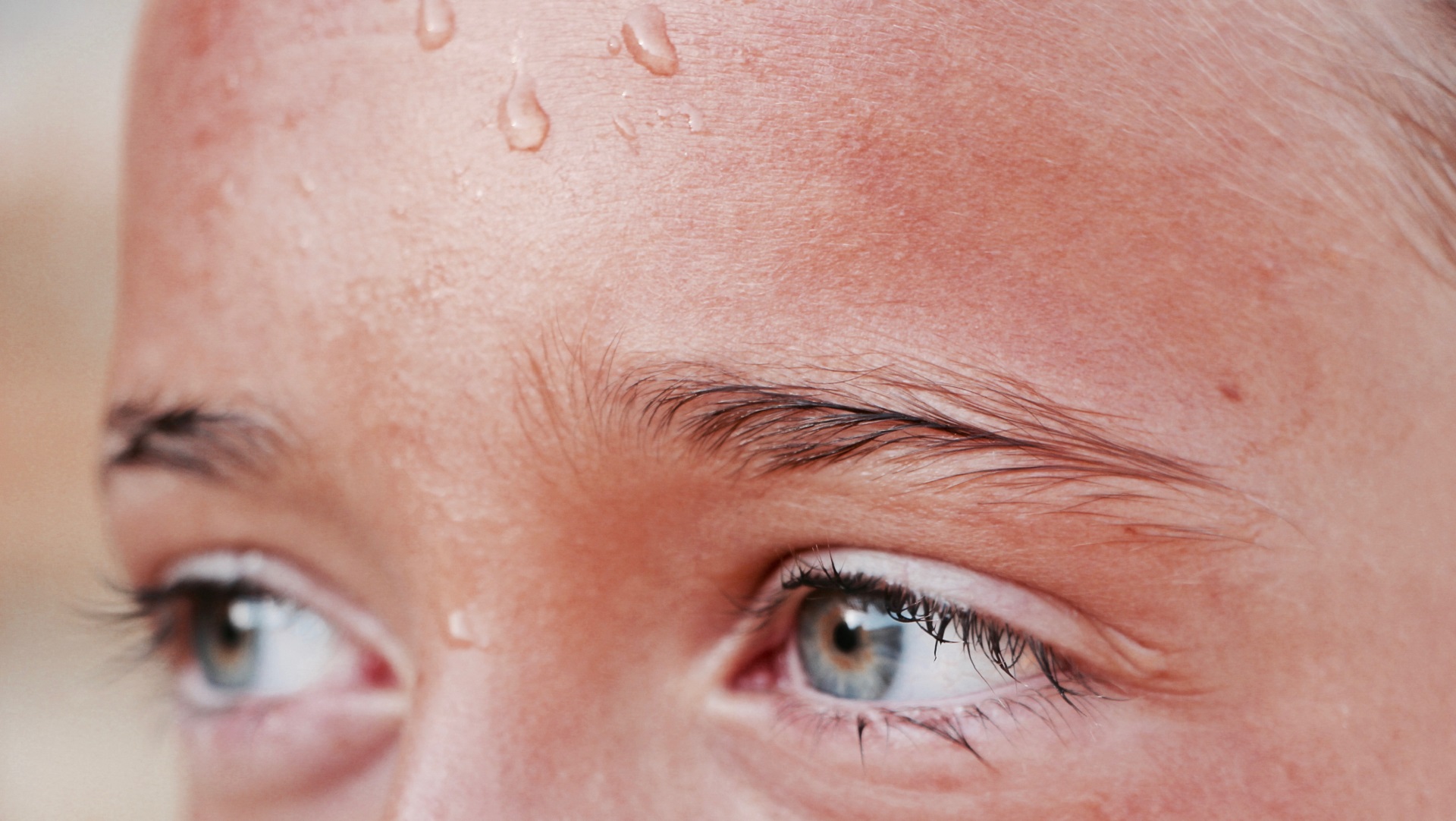With sweaty heatwaves and temperatures over 40C set to become the new normal for Britain, a new study has found that over a third of homes across England are at high risk of dangerous overheating.
The threat of overheating is not evenly spread, with new research from the Resolution Foundation suggesting the poorest fifth of households are three times more likely to be affected than the richest fifth. According to the think tank’s findings, urban flats, overcrowded properties and young renters are set to be hit hardest by rising temperatures.
“The risks these higher temperatures bring will not impact all households and workers equally,” said Jonathan Marshall, senior economist at Resolution Foundation. “Lower-income households, renters, ethnic minority households, and families with young residents are most at risk, alongside people who work outdoors or in confined spaces, who are concerningly older than the average worker.
“Alongside their goal of reaching net zero without unfairly burdening lower-income households, policy makers must also ensure that people are protected from the dangers of climate change, including soaring summer temperatures.”
Escalating temperatures pose an enduring risk to vulnerable people, especially those with pre-existing health conditions. The risk of overheating poses serious danger of heat stroke or fatal heat exhaustion for those with cardiovascular and respiratory issues, plus additional risk of sleep disturbance and mental health problems.
The youngest and oldest age groups are notably more at risk from temperature rises, as both are more likely to reside in housing which is unsuitable to deal with extreme temperatures.





